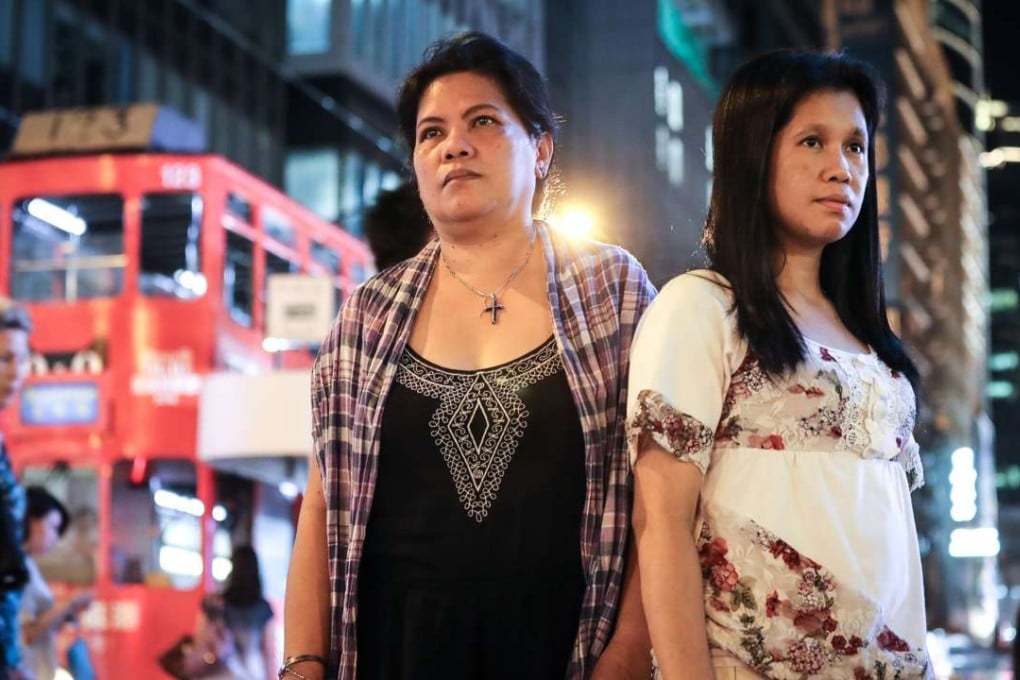Illegal fees, little rest and no documents: domestic helpers in Hong Kong continue to fight for their rights
Unions and human rights groups report that Filipino helpers continue to pay high fees to agencies and that exploitation in some cases amounts to forced labour

A year-long investigation has brought fresh evidence that Filipino domestic workers are victims of various forms of exploitation and continue to pay illegal fees to agencies in the city – in some cases more than 25 times the legally permitted limit.
However, just 23 agencies were fined and 13 lost their licences, even though more than 5,000 inspections were carried out between January 2014 and September this year.
Their “situation is made worse by some of Hong Kong’s immigration and labour regulations, particularly the two-week rule and the live-in requirement ... In addition, there are some serious gaps in Hong Kong’s legal framework in relation to trafficking and forced labour,” it said.
Foreign domestic workers in Hong Kong have to live with their employers. If they lose their job, they have just two weeks to find another before they have to leave the city.